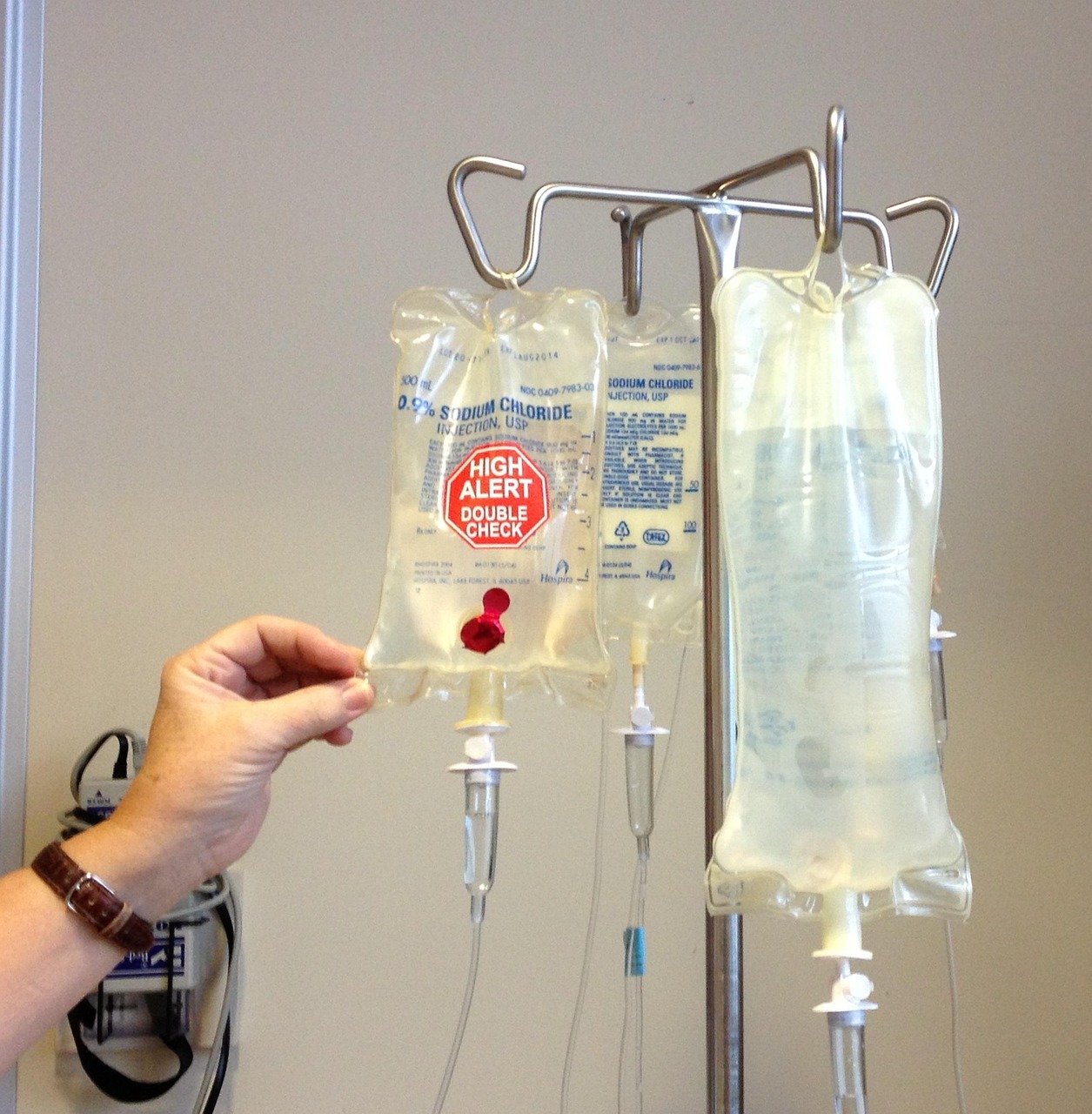
Cyanopower & Cyanoamrut Combating ill effects of Chemotherapy
Spirulina is a superior adjunctive nutraceutical for mitigating the toxic side effects of chemotherapy, offering systemic protection without interfering with anticancer efficacy—making it particularly valuable in India’s growing population of cancer patients. Chemotherapeutic agents such as cisplatin, doxorubicin, and cyclophosphamide are known to cause extensive oxidative stress, immunosuppression, gastrointestinal toxicity, hepatotoxicity, nephrotoxicity, and myelosuppression. Spirulina's bioactive compounds—particularly phycocyanin, γ-linolenic acid (GLA), chlorophyll, β-carotene, and superoxide dismutase (SOD)—exert powerful antioxidant and anti-inflammatory effects, reducing lipid peroxidation (e.g., MDA levels) and restoring glutathione and catalase activity (Khan et al., 2005; Riss et al., 2007). Preclinical studies have shown that Spirulina supplementation protects bone marrow integrity, mitigates anemia and leukopenia, and improves liver and kidney biomarkers during and post-chemotherapy cycles (Premkumar et al., 2001; Alkarim et al., 2011). Additionally, Spirulina supports mucosal healing, reduces chemotherapy-induced fatigue, and enhances overall nutritional resilience, which are critical to maintaining treatment continuity in Indian oncology centers. Given its excellent safety profile, bioavailability, and multi-targeted organ protection, Spirulina stands out as a best-in-category supportive therapy for patients undergoing chemotherapy in India.
Selected References:
← Back to Benefits